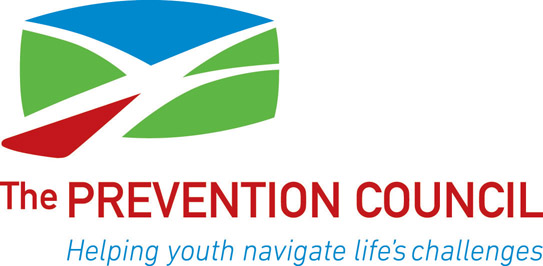November 24, 2014
Story by: Meg Hagerty
Featured in: The Post-Star
Link to article can be found here: http://poststar.com/news/local/changing-the-conversation-about-alcohol-drug-treatment/article_1dd36736-734f-11e4-a16a-efc3581c747d.html
An area grass-roots effort is underway to help erase the stigma surrounding alcohol and drug addiction.
Since July, supporters of RAIS, Recovery Advocacy In Saratoga, have been meeting in hopes of becoming a community resource for individuals and families in recovery. The belief is that, by “changing the conversation” about recovery, addicts will be more likely to achieve long-term success, and others will be encouraged to pursue recovery.
Robert Lindsey, a volunteer who has spent his career in alcoholism and addiction counseling, said much of the media coverage focuses on the “drama and chaos” of the Lindsay Lohans and Philip Seymour Hoffmans of the world, and less on the 23 million people who are living life in recovery and functioning well.
“They’re doctors, lawyers, nurses, teachers, pilots, pastors. The reality is alcoholism and addiction is like other chronic illnesses like cancer and diabetes. We’re talking chronic, progressive, fatal if untreated and genetically predisposed,” Lindsey said. “There is no one who set out to become addicted but, plain and simple biochemically, some people’s bodies respond differently to the effects of alcohol and other drugs, just like the diabetic.”
RAIS formed after a volunteer, who has since left to attend college, presented “The Anonymous People,” a documentary about the development of recovery community centers (RCCs) for individuals and their families that offer education, support and resources, while also helping to change the public’s perception of those in recovery.
The film discusses the fact that people who have participated in such support groups as Alcoholics Anonymous, Narcotics Anonymous, Alanon and Naranon have lived their lives in recovery very quietly. Consequently, friends and family didn’t know about it. Now, however, people are being encouraged to talk about their recovery and help to change the public’s understanding of the issues.
RAIS, which is sponsored by Prevention Council of Saratoga County, has consistently drawn about 15 to its monthly meetings, including people in recovery, friends and family of those in recovery and professionals in the addiction field.
Jacob Weakland, 29, has struggled with a substance abuse disorder for half his life and said it’s time to shine a positive light on people in long-term recovery.
“Right now, especially the statistics back this up, somebody would rather have a neighbor that was in prison for a violent crime than was a drug addict. You were perceived as a moral failure. It didn’t matter if you were an outstanding member of society,” Weakland said. “There are many people in long-term recovery who are living by a set of principles but they don’t come out due to this stigma. They don’t tell their stories or share them.”
Lindsey said a primary mission of the group is to identify the most significant needs in the community and put together a plan of action to address those issues. He anticipates there will be a need for an RCC where individuals and families in recovery can gain support and resources, as well as information on job searches and training.
Likewise, the organization also plans to advocate for expanding access to recovery and treatment support services by working with elected officials.
“The reality, regrettably, is less than 10 percent of the people who need treatment get it. In many cases, insurance doesn’t provide access to treatment. In many cases, people need sober housing and it isn’t available,” Lindsey said.
Julie Brennan of Mechanicville became involved with RAIS because she has a 23-year-old son who is in recovery from an addiction to cocaine and heroin. She recently donated lime green plastic wristbands with the slogan “‘RAIS’ Our Voices’” that she wants volunteers to distribute to help raise awareness about the group.
“One day everybody’s going to be talking about it. I just want to see the day when we have a fundraiser – golf tournaments or these huge galas – for addiction recovery. It’s so incredibly wonderful that they’re all over this country for breast cancer and diabetes and leukemia. I want it to say addiction recovery because these kids are just as important,” Brennan said.
Janine Stuchin, executive director of the Prevention Council of Saratoga County, said RAIS is progressing “tremendously” for having gone from an idea a few months ago to a group with planned sub committees and an agenda.
“What I love about this group is its rawness and authenticity. Nobody is there for a pay check, nobody is there for the glory. We’re all there to make a difference,” Stuchin said.
